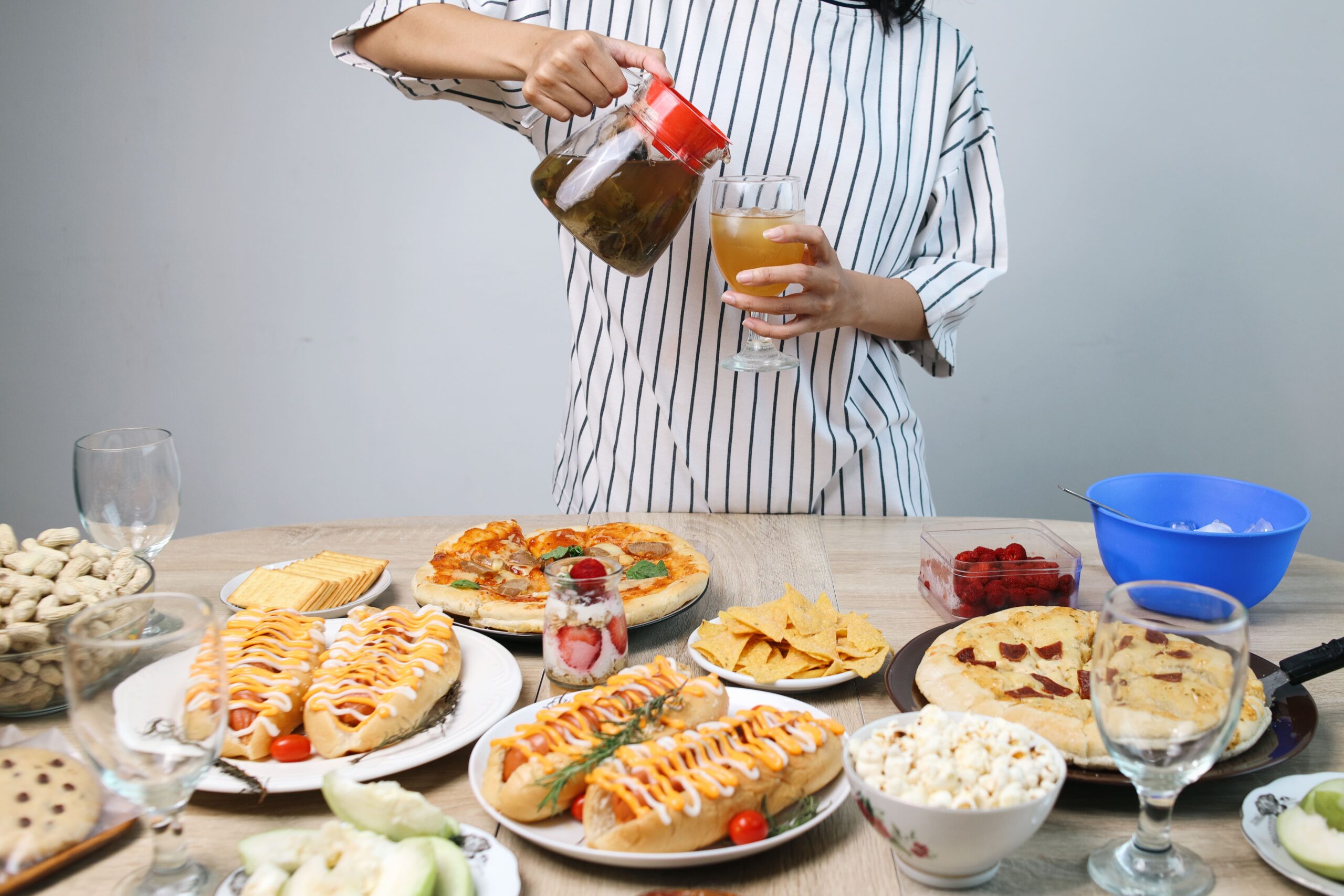High blood pressure affects millions of people worldwide and remains a leading risk factor for heart disease and stroke. Our dietary choices significantly influence blood pressure management. This guide identifies foods that can raise blood pressure, explains their negative effects, and suggests healthier alternatives to support your heart health journey.
Foods High in Saturated and Trans Fats
Saturated and trans fats can increase cholesterol levels, contributing to arterial plaque buildup that narrows blood vessels and raises blood pressure.
Full-Fat Dairy Products: Whole milk, cream, butter, and full-fat cheeses contain substantial amounts of saturated fat. Regular consumption may affect cholesterol balance and promote inflammation in blood vessels.
Fried Foods: Chips, fried chicken, and other deep-fried items typically contain both saturated and trans fats. The cooking process at high temperatures may also create compounds that promote oxidative stress in the body.
Baked Goods: Store-bought cakes, biscuits, and pastries often contain partially hydrogenated oils (trans fats) and saturated fats. These not only affect blood pressure but may also contribute to overall cardiovascular risk.
Sugar and Refined Carbohydrates
Foods high in added sugars and refined carbohydrates can lead to weight gain and metabolic changes that adversely affect blood pressure.
Sugary Drinks: Fizzy drinks, energy drinks, and sweetened fruit juices can cause rapid spikes in blood glucose. Research shows that consuming just one sugary beverage daily increases hypertension risk by 13% over time.
White Bread and Pasta: Refined carbohydrates digest quickly, causing blood sugar fluctuations that can stress the cardiovascular system. They also often lack the fibre needed to help moderate blood pressure.
Sweets and Confectionery: Chocolates, sweets, and desserts combine high sugar content with unhealthy fats. Regular consumption may contribute to obesity and insulin resistance, both risk factors for hypertension.
Salt and Sodium-Rich Foods
Salt intake directly influences blood pressure levels, as excess sodium causes the body to retain fluid, placing additional pressure on blood vessel walls.
Processed and Packaged Foods: Most pre-packaged meals, soups, and snacks contain excessive sodium as a preservative and flavour enhancer. A single serving of canned soup can contain up to 1,000mg of sodium—nearly half the recommended daily allowance.
Condiments and Sauces: Soy sauce, ketchup, salad dressings, and barbecue sauce are particularly high in hidden sodium. Just one tablespoon of soy sauce contains approximately 900mg of sodium, making it easy to exceed daily limits.
Cured and Preserved Meats: Bacon, ham, salami, and other deli meats undergo processing with salt solutions. These products not only contain high sodium levels but also often include preservatives that may further affect cardiovascular health.
Alcohol
Excessive alcohol consumption has a direct impact on blood pressure levels and can reduce the effectiveness of blood pressure medications.
Spirits: The higher alcohol content in spirits can cause more significant blood pressure elevations compared to other alcoholic beverages. Even moderate consumption may raise systolic blood pressure by 2-4 mmHg.
Beer: Regular beer consumption adds not only alcohol but also extra calories that may lead to weight gain. The barley and hops in beer may also trigger inflammatory responses in some individuals.
Wine: While some studies suggest moderate red wine consumption may offer heart benefits, exceeding recommended limits (one glass daily for women, two for men) negates any potential advantages and raises blood pressure.
Healthier Alternatives
Making simple substitutions can help you maintain good flavour while reducing your intake of blood pressure-raising ingredients.
Fresh Herbs and Spices: Replace salt with flavourful alternatives like garlic, basil, oregano, and turmeric. These not only enhance taste but may also offer additional health benefits through their anti-inflammatory properties.
Whole Grains: Choose brown rice, whole wheat bread, and oats instead of refined carbohydrates. The higher fibre content helps maintain steadier blood sugar levels and supports healthy digestion.
Homemade Meals: Preparing food at home allows complete control over ingredients. Simple homemade soups, stews, and casseroles can be made without excessive salt or unhealthy fats while maintaining flavour.
Conclusion
Managing high blood pressure requires attention to diet, with particular focus on reducing saturated fats, refined carbohydrates, sodium and alcohol. By knowing which foods to limit and making gradual substitutions with healthier alternatives, you can take meaningful steps toward better blood pressure control and overall cardiovascular health.
Schedule a consultation with Dr Adrian Mondry to receive personalised advice and develop a dietary plan tailored to your health needs.






